02:00
Welcome to INFO 2950
Lecture 1
Cornell University
INFO 2950 - Spring 2024
January 23, 2024
Agenda
Agenda
- Intros
- What is data science?
- Software
- Application exercise
- Course overview
- This week’s tasks
Students on the waitlist
- INFO 2950 enrollment is restricted to IS/ISST majors
- If you are not an IS/ISST major (or are still in the process of affiliating), join the waitlist through Student Center
- PINs distributed on a rolling basis
- We currently have over 50 seats available
Staff intros
Meet the instructor
Dr. Benjamin Soltoff
Lecturer in Information Science
Gates Hall 216

Meet the course team
Grad TAs
- Arunabh S
- Boris H
- Chenyu Y
- Jingruo C
- Breanna G
- Eun-Jeong K
- Pin-Sung K
Undergrad TAs
- Alexia A
- Andrew M
- Arthur S
- Bella H
- Kevin C
- Claire Y
- Elliot K
- Gaby M
- Gabby F
- Hung P
- Israel D
- Jocelyn P
- Joyce C
- Karla W
- Max B
- Mateo C
- Ming D
- Philan T
- Richie S
- Sam G
- Shuqian L
- Shara S
- Vanessa S
Meet each other!
Physically interact with at least 2 people sitting around you. Introduce yourselves to each other and share:
- Your name - Prof/Dr. Soltoff
- Your major - Political science
- The last movie you saw - To All The Boys I’ve Loved Before
- What you hope to get out of this class - A paycheck
What is data science?
What is data science?
Data science is an exciting discipline that allows you to turn raw data into understanding, insight, and knowledge.
[A]n interdisciplinary field that uses scientific methods, processes, algorithms and systems to extract or extrapolate knowledge and insights from noisy, structured and unstructured data, and apply knowledge from data across a broad range of application domains1
We’re going to learn to do this in a
tidyway – more on that later!This is a course on computing applications for data science workflows
Software
Excel - not…

R

RStudio
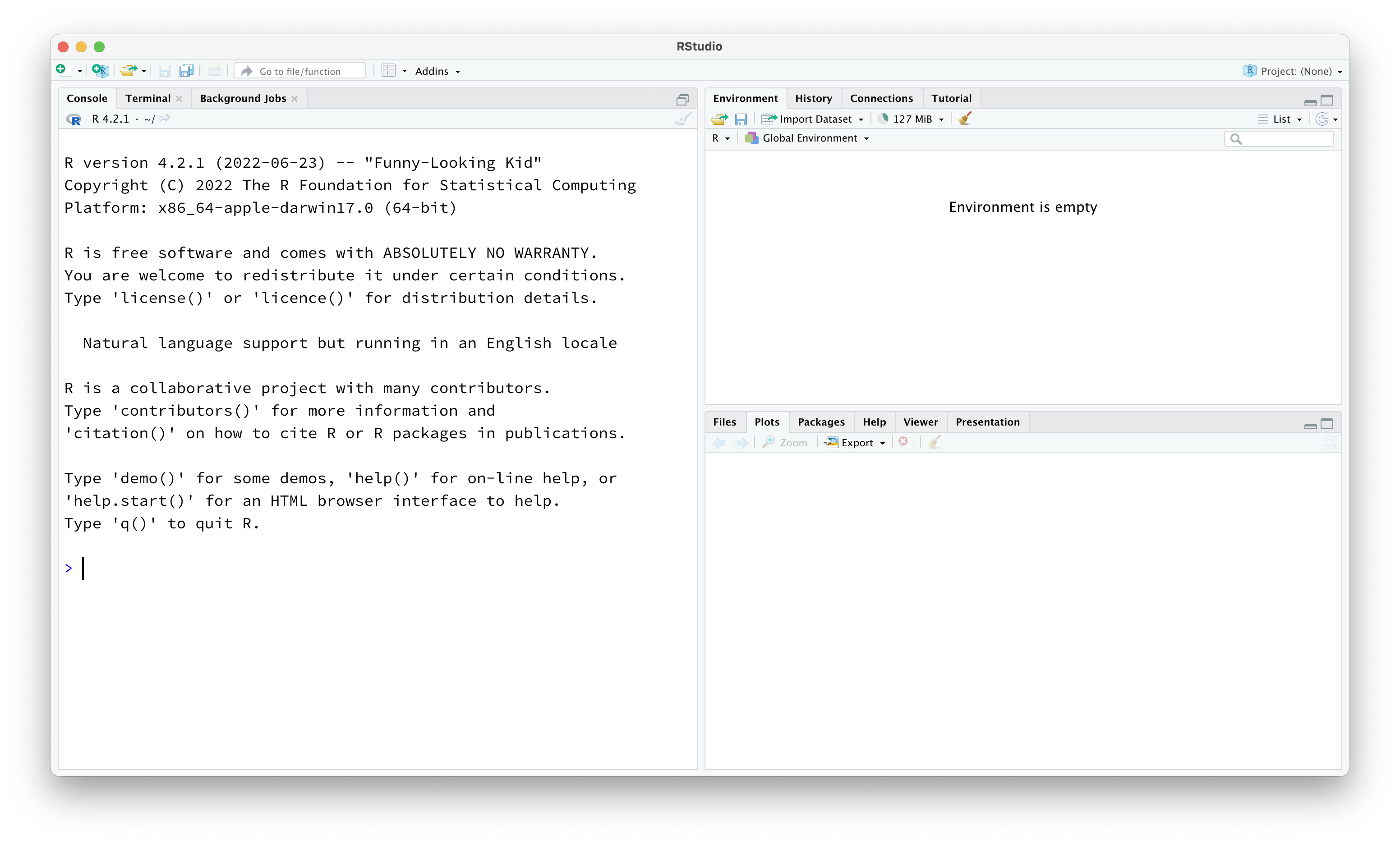
Data science life cycle
Data science life cycle
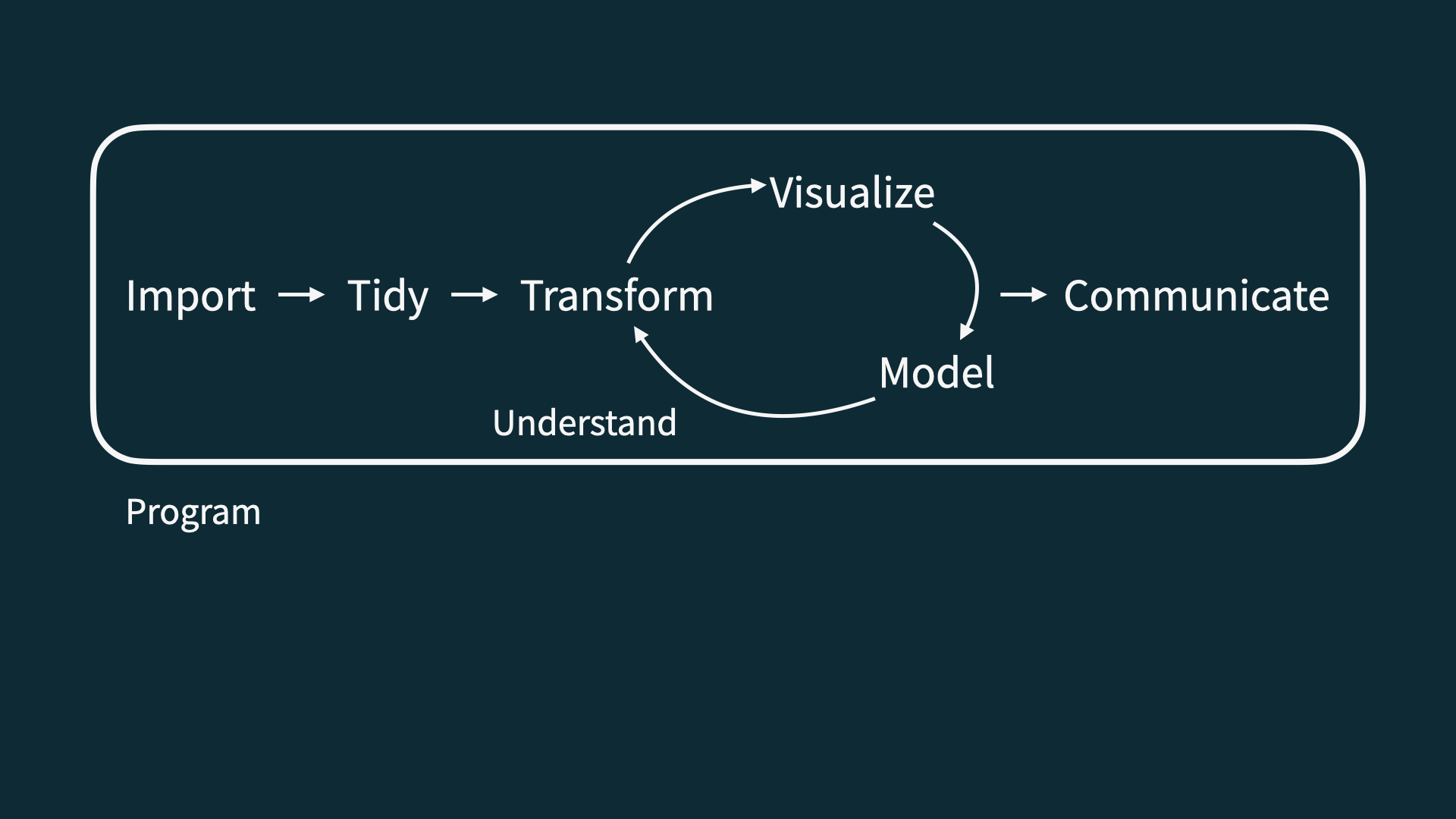
Import
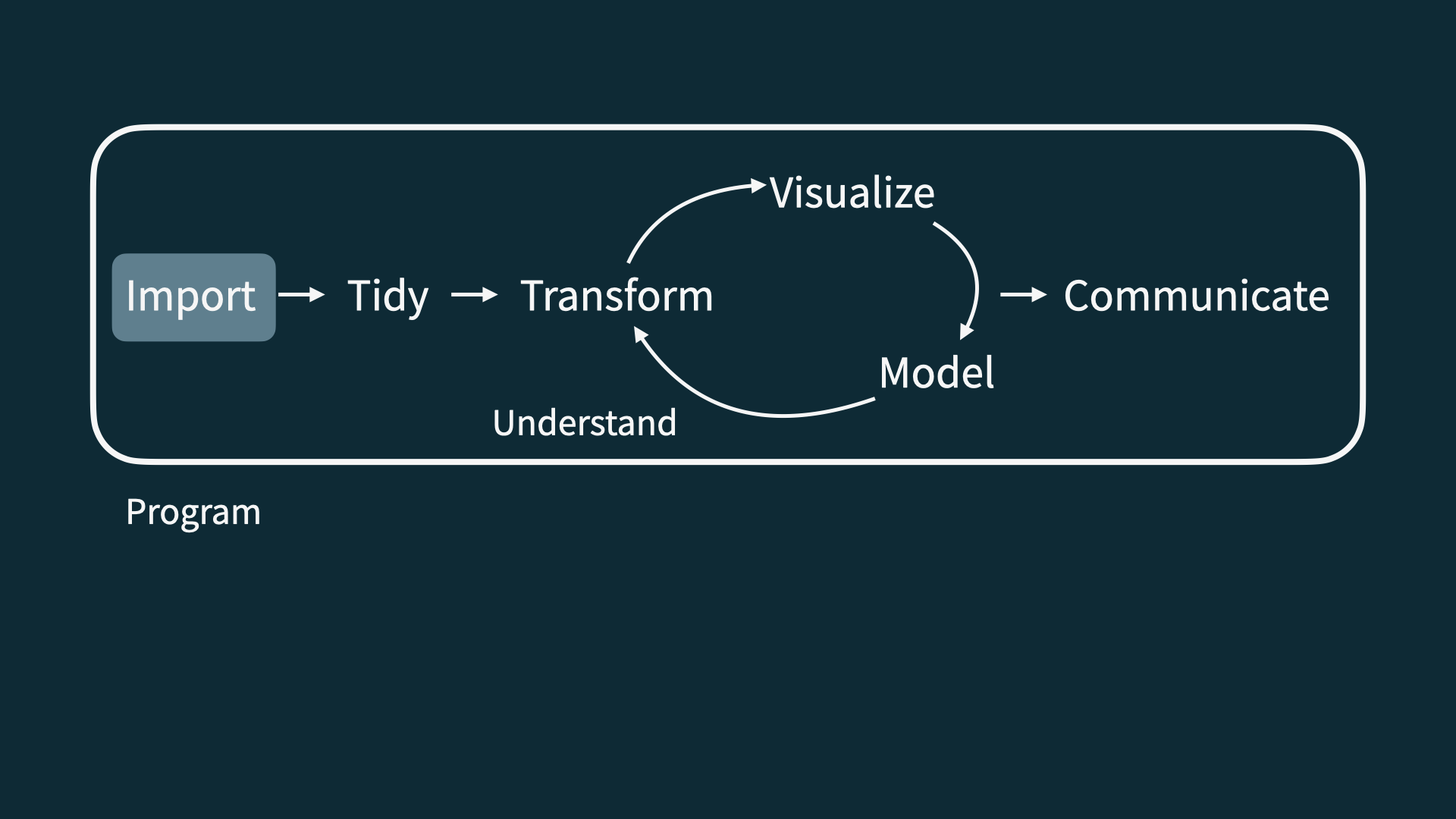
Tidy + transform
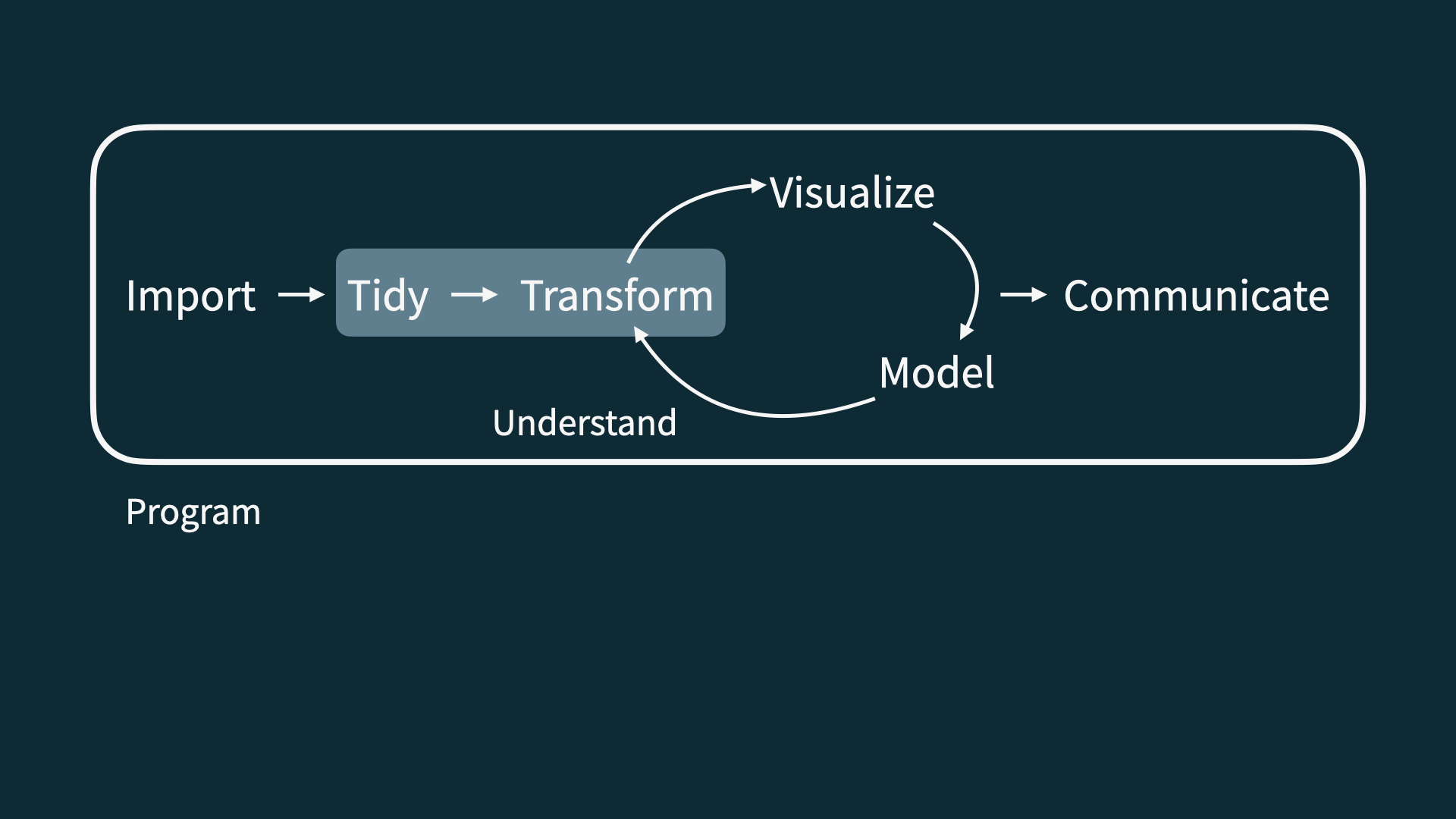
Visualize
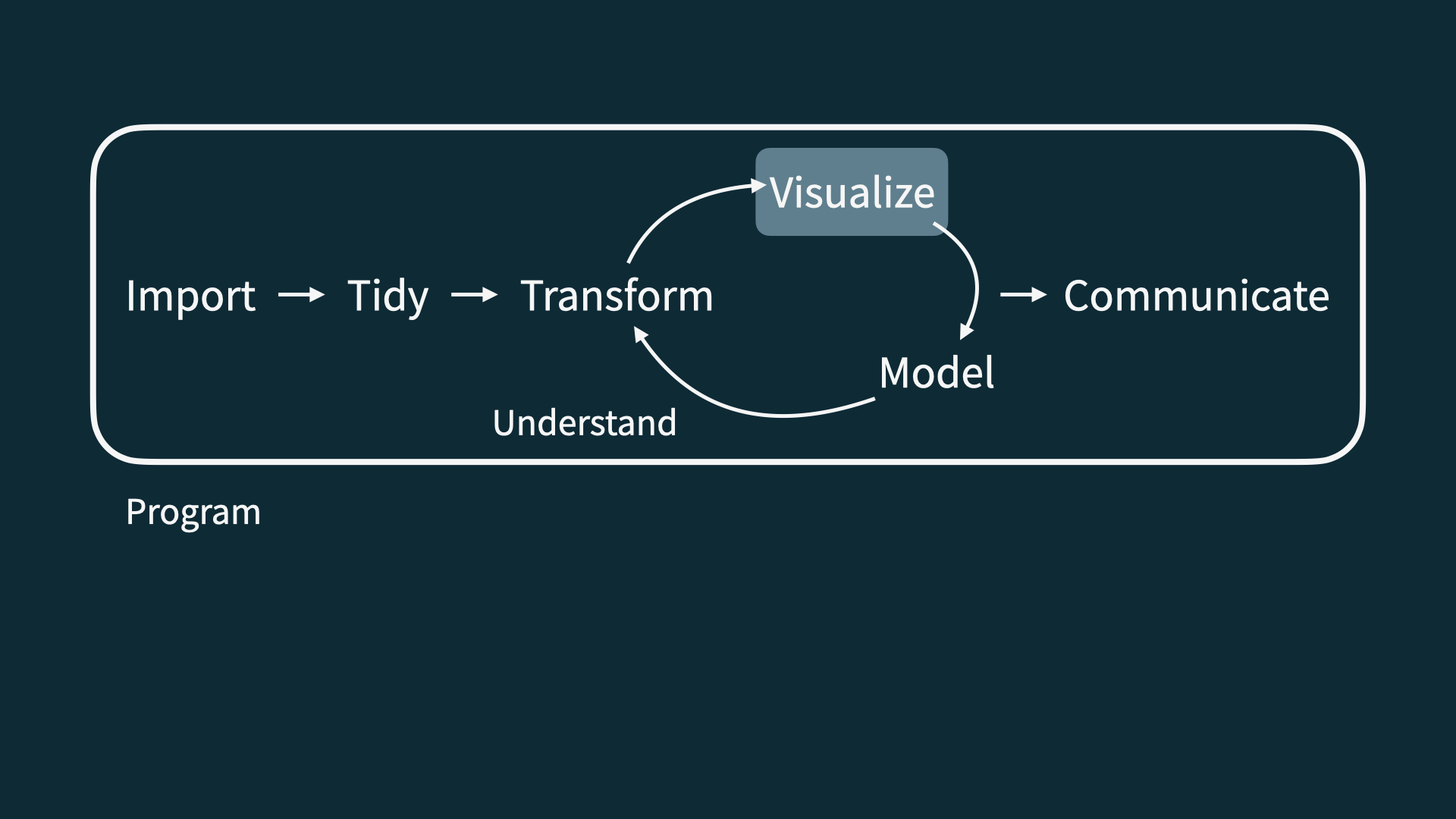
Model
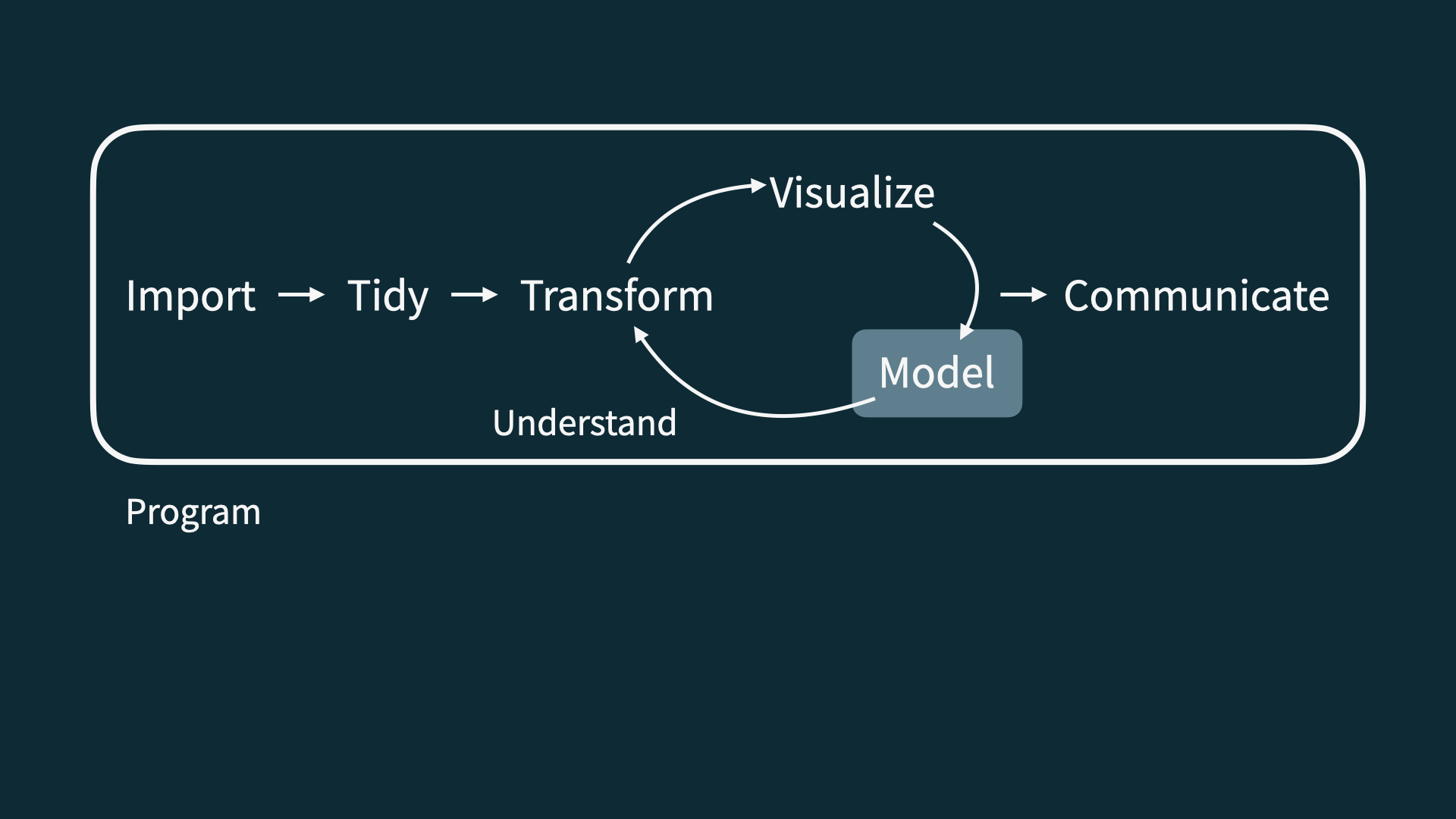
Understand
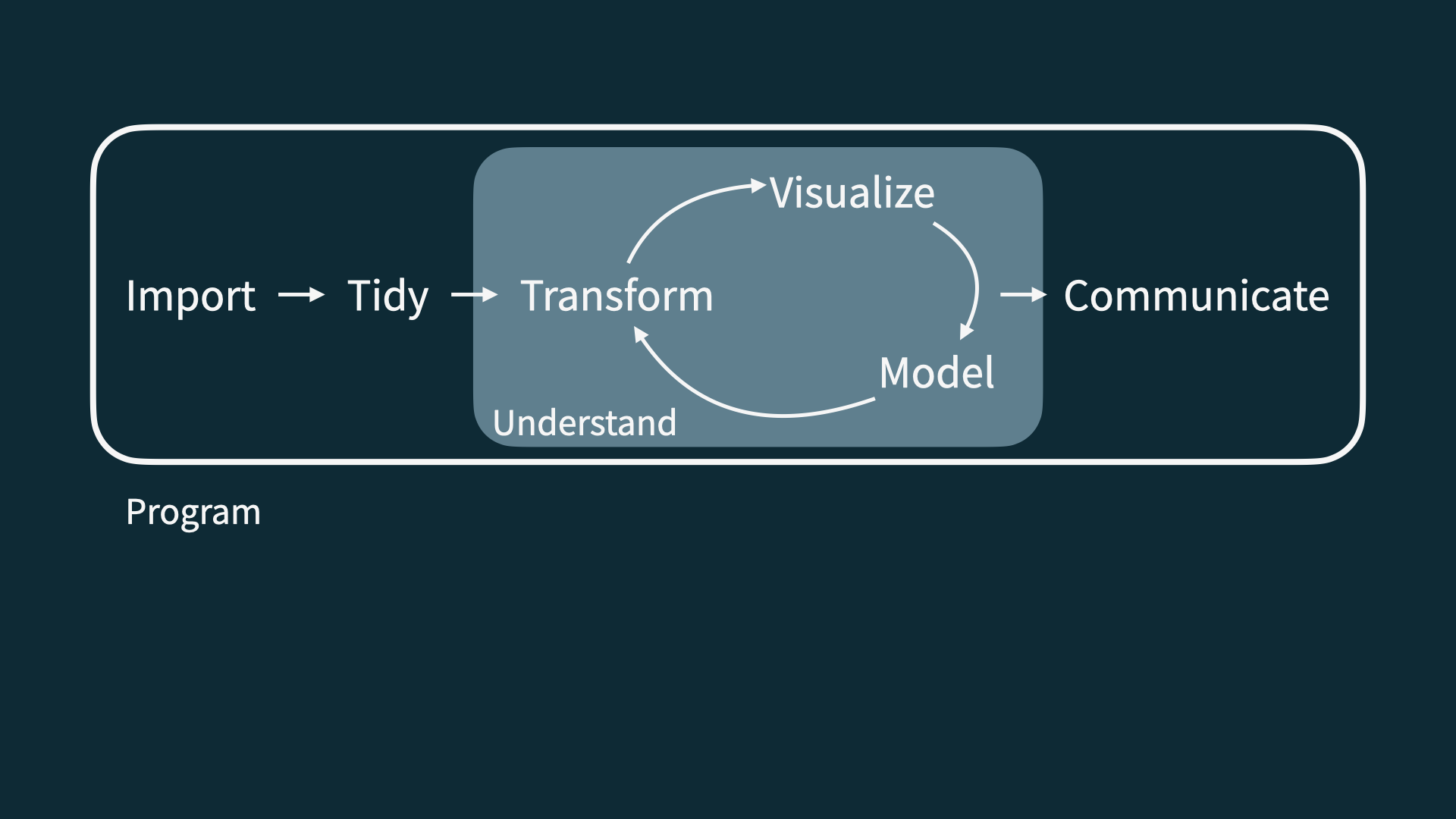
Communicate
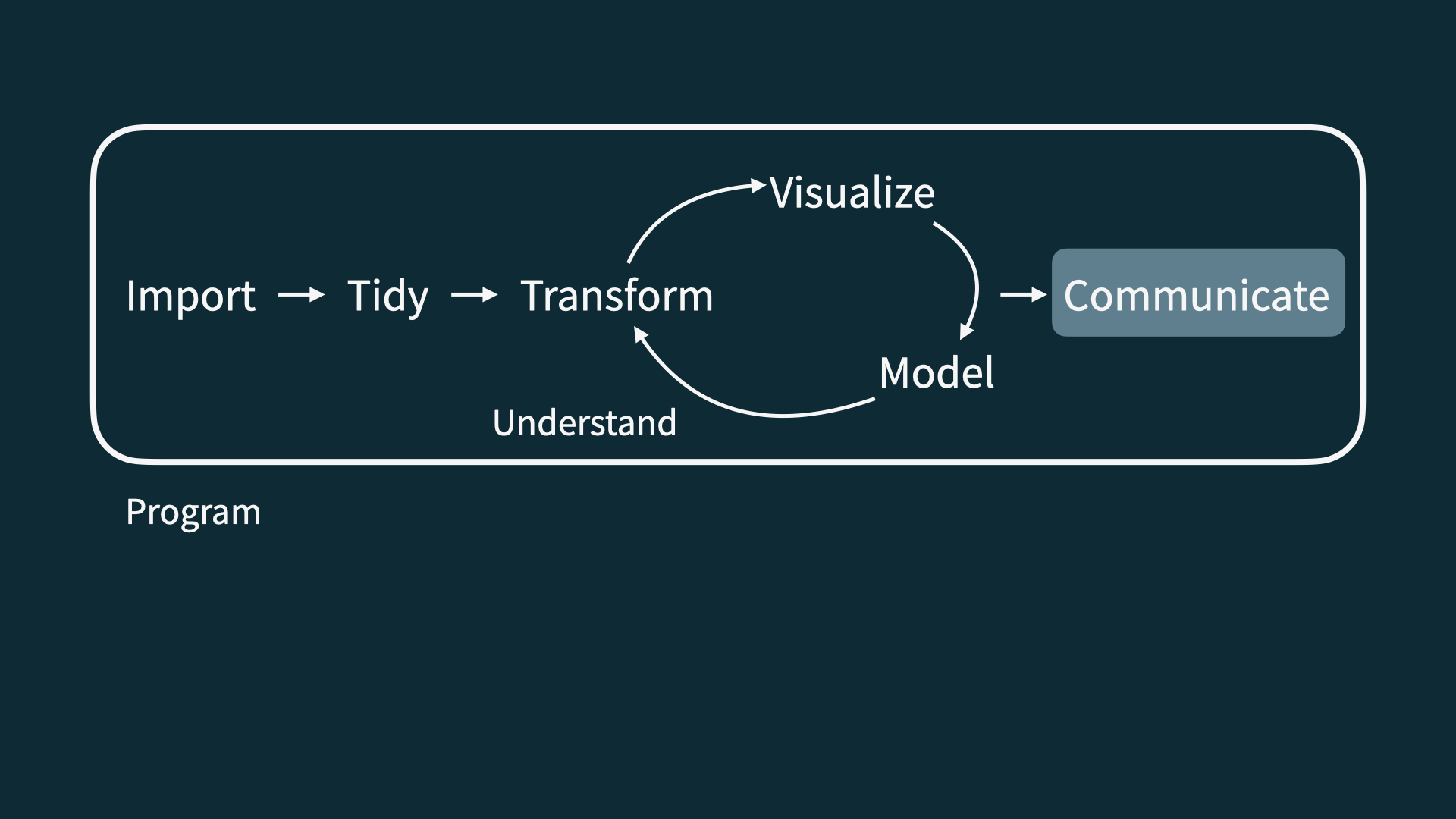
Understand + communicate
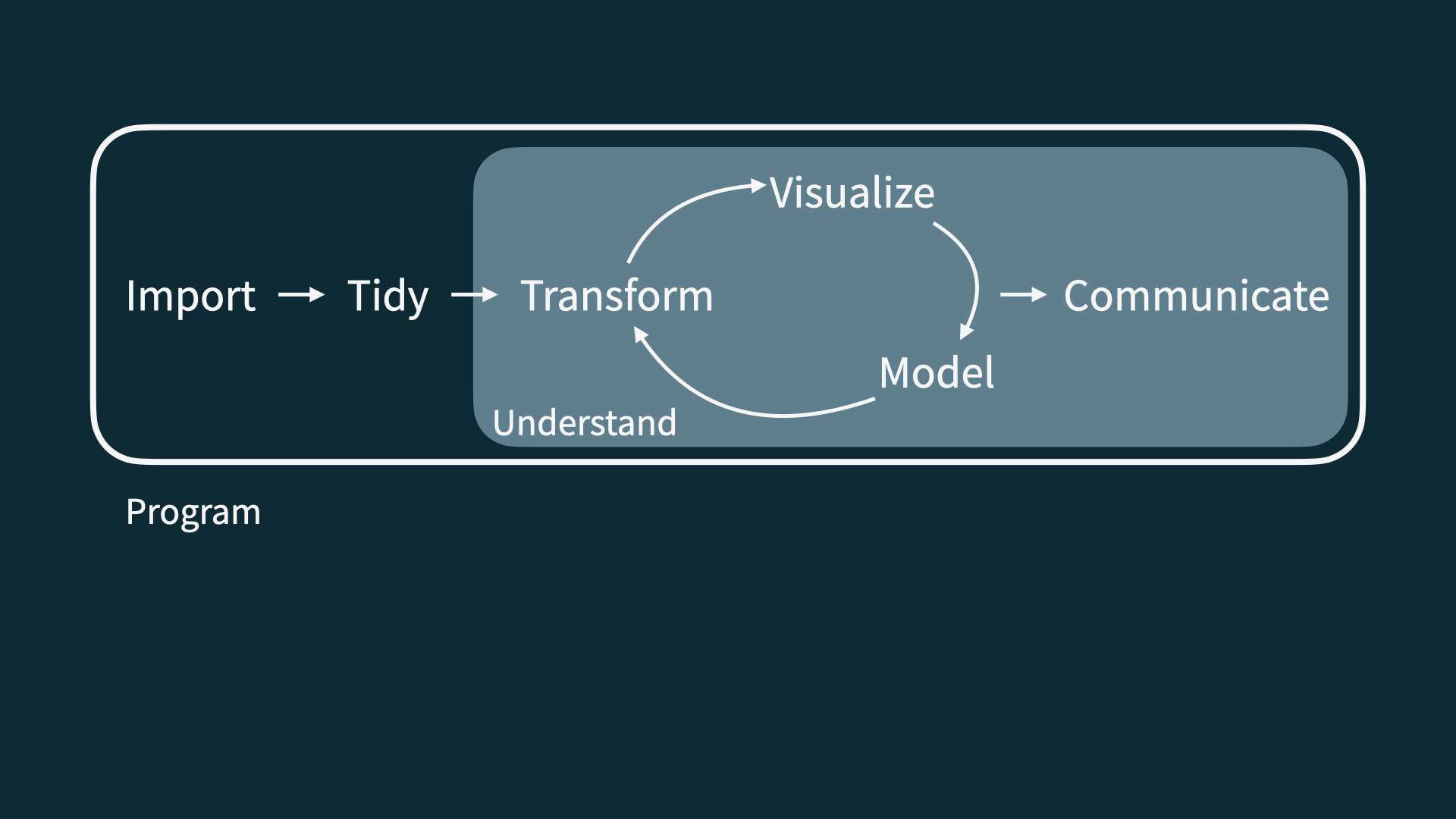
Program
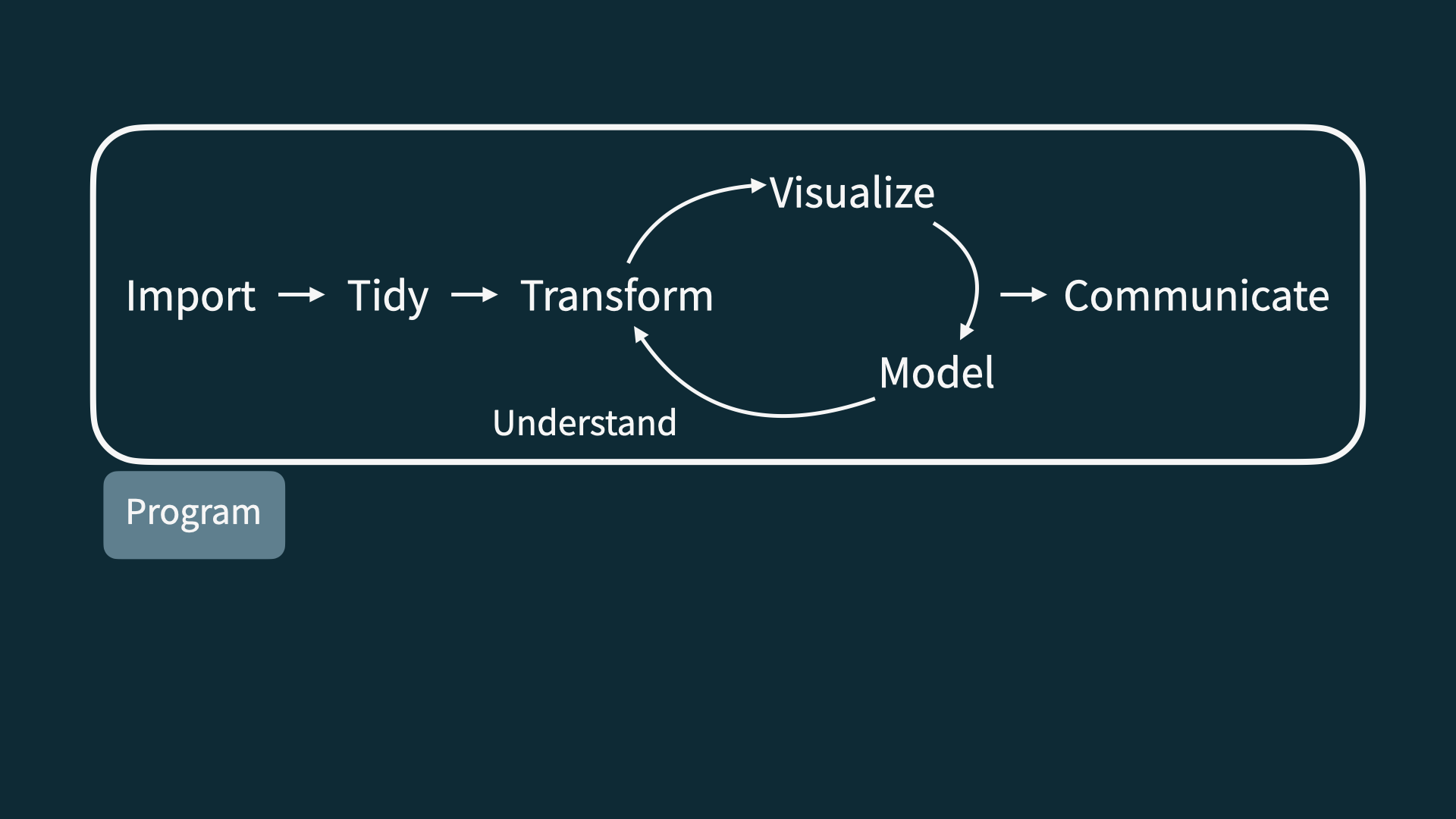
Let’s dive in!
Application exercise
Or more like demo for today…
What do we learn from this chart?

Respond at PollEv.com/soltoff
03:00
Course overview
Homepage
https://info2950.infosci.cornell.edu/
- All course materials
- Links to Canvas, GitHub, RStudio Workbench, etc.
- Let’s take a tour!
Course toolkit
All linked from the course website:
- GitHub organization: github.coecis.cornell.edu/info2950-sp24
- RStudio Workbench: rstudio-workbench.infosci.cornell.edu
- Communication: GitHub Discussions
- Assignment submission and feedback: Gradescope
Important
Make sure you can access RStudio (Posit) Workbench before lab on Friday.
Activities: Prepare, Participate, Practice, Perform
Prepare: Introduce new content and prepare for lectures by completing the readings
Participate: Attend and actively participate in lectures and labs, office hours, team meetings
Practice: Practice applying statistical concepts and computing with application exercises during lecture, graded for completion
Perform: Put together what you’ve learned to analyze real-world data
- Lab assignments x 7(-ish) (team-based)
- Homework assignments x 7(-ish) (individual)
- Exams (mid-semester take-home, final in-person)
- Team project
Cadence
- Application exercises: Complete by the end of the following day
- Labs: Start and make large progress on Friday in lab section, finish up by Monday 11:59pm the following week
- HWs: Posted Friday morning, due following Wednesday 11:59pm
- Exam: More details later this semester
- Project: Deadlines throughout the semester, with some lab time dedicated to working on them, and most work done in teams outside of class
Grading
| Category | Percentage |
|---|---|
| Exams | 25% |
| Homework | 25% |
| Project | 25% |
| Labs | 15% |
| Application Exercises | 10% |
See course syllabus for how the final letter grade will be determined.
15 minute rule
Support
- Attend office hours
- Ask and answer questions on the discussion forum
- Reserve email for questions on personal matters and/or grades
- Read the course support page
Announcements
- Posted on Canvas (Announcements tool), be sure to check regularly (or forward announcements to your email)
- I’ll assume that you’ve read an announcement by the next “business” day
Diversity + inclusion
- I want you to feel like you belong in this class and are respected
- We are committed to full inclusion in education for all persons*
- If you feel that we have failed these goals, please either let us know or report it, and we will address the issue
Accessibility
I want this course to be accessible to students with all abilities. Please feel free to let me know if there are circumstances affecting your ability to participate in class.
Course policies
As long as you meet
the prereqs
Prerequisites
- CS 1110 or CS 1112, AND
- MATH 1710 or equivalent
- No prior experience with R is expected
- You must have general-purpose programming experience AND be comfortable with basic probability and statistical inference
Late work, waivers, regrades policy
- We have policies!
- Read about them on the course syllabus and refer back to them when you need it
Collaboration policy
Only work that is clearly assigned as team work should be completed collaboratively.
Homeworks must be completed individually. You may not directly share answers / code with others, however you are welcome to discuss the problems in general and ask for advice.
Exams must be completed individually. You may not discuss any aspect of the exam with peers.
Sharing / reusing code policy
We are aware that a huge volume of code is available on the web, and many tasks may have solutions posted
Any recycled code that is discovered and is not explicitly cited will be treated as plagiarism, regardless of source
All code must be written by you, the human being
Generative AI
Use generative AI to facilitate, rather than hinder, learning
✅ GAI tools for reference purposes
❌ GAI tools for writing code/analysis
❌ GAI tools for narrative
You are ultimately responsible for the work you turn in; it should reflect your understanding of the course content
Academic integrity
- A student shall in no way misrepresent his or her work.
- A student shall in no way fraudulently or unfairly advance his or her academic position.
- A student shall refuse to be a party to another student’s failure to maintain academic integrity.
- A student shall not in any other manner violate the principle of academic integrity.
Most importantly!
Ask if you’re not sure if something violates a policy!
This week’s tasks
- Log in to Cornell’s GitHub - you already have an account!
- Try logging in to RStudio Workbench - you (probably) have an account
- Read the syllabus
- Complete homework 00